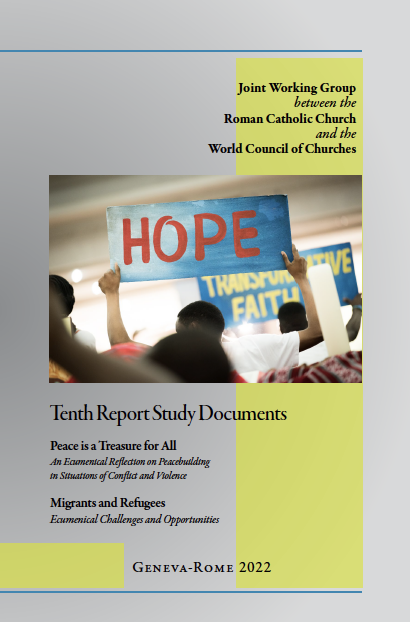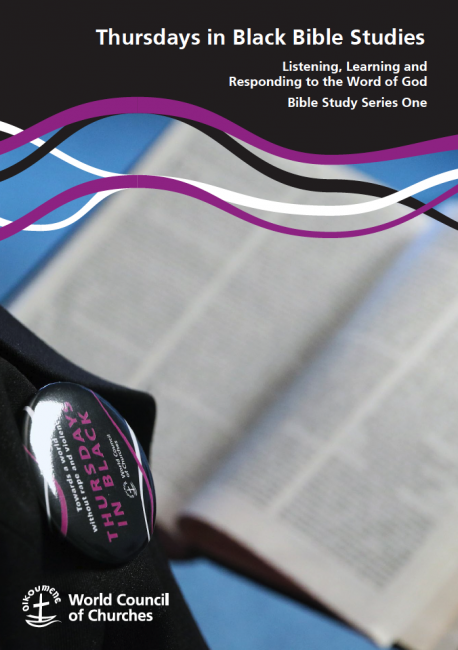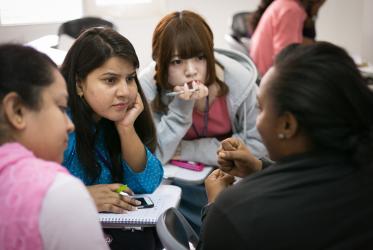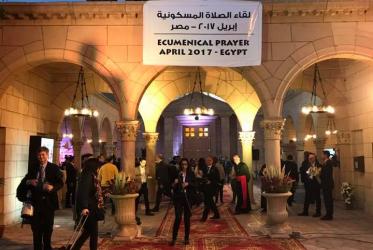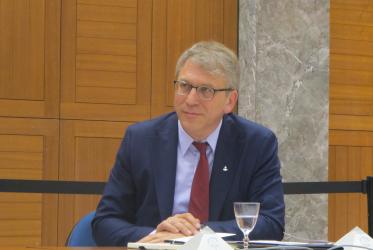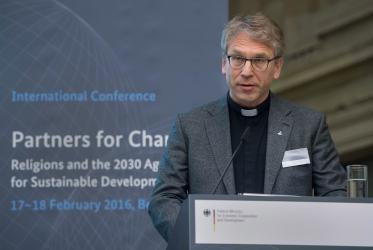Displaying 1 - 20 of 32
19 August 2022
Thursdays in Black Bible Studies Series 1
Listening, Learning and Responding to the Word of God
21 October 2021
Dr Abuom reflects on women of faith as healers of creation
05 October 2021
South Sudan Church leaders welcome new cabinet
15 March 2020
African women embark on pilgrimage in Burundi
29 November 2017
Roman Catholic-WCC group focuses on peace-building, migration
19 September 2017
Women in development create space for hope in Egypt
15 June 2017
What does ‘prudence’ mean for dialogue and peace-building?
16 November 2016
Catholic-WCC group pursues new mandate
13 April 2016
